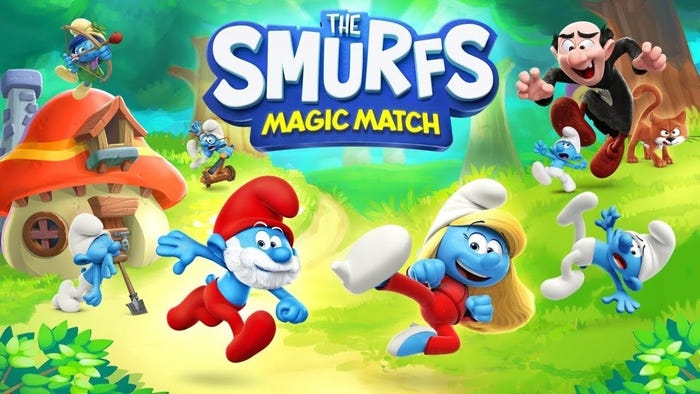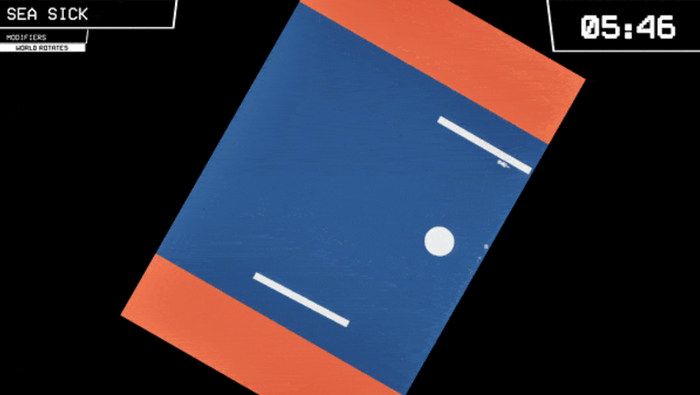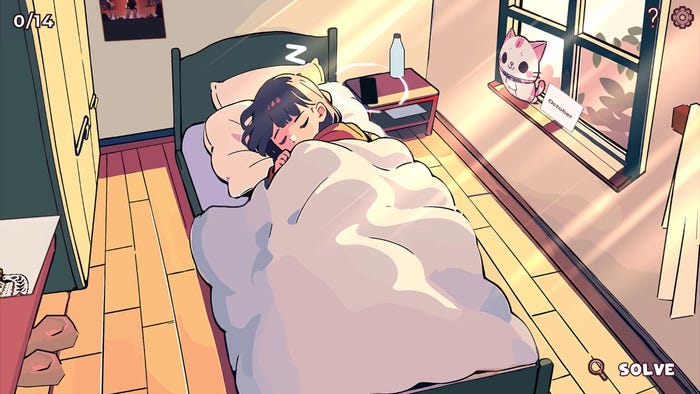State Of Play Tackles In-World Ownership, Building Virtual Worlds
Following <a href="http://www.gamasutra.com/php-bin/news_index.php?story=15194">yesterday's opening day coverage</a>, the second day of the State Of Play V academic conference is in Singapore tackled issues like legal precedents in in-world property owner

Following yesterday's opening day coverage, the second day of the State Of Play V academic conference is in Singapore tackled issues like legal precedents in in-world property ownership and saw “Game Gods” from Second Life, There, and MUD creator Richard Bartle speak on building virtual worlds. Refreshed from the previous night’s safari, games academics from the East and West again convened this morning for the SoP V in Singapore. The first panel of the day addressed the topic of Understanding Virtual Worlds Inhabitants, looking at the ways in which we can understand the gamers online. “You’re going to arrive as a three-year-old,” said Thomas Malaby, Assoc. Professor of Anthropology at the University of Wisconsin – Milwaukee. The consensus among the panelists seemed to be that every game world today is unique, and that playing inside remains one of the few ways in which we can reach an informed understanding. Stanford’s Henrik Bennetsen said that, “It’s one of those things that’s hard to understand from the outside.” Even so, he later noted that the rewards are, “totally worth it.” Also in the panel, Ian Lamont put the spotlight on how the popular press shapes many people’s thinking on games. “Their understanding will be shaped by the coverage in the news media,” he said. Many editors only have a couple hours of day, sometimes in which to research four or five different articles. Some journalists also “go for the low hanging fruit,” continued Lamont, provided by PR companies. As a result, there’s not much to counter the seemingly standard overgeneralization and sensationalism in the popular press. Space, Place and Culture inside Virtual Worlds primarily flitted around the idea that locations and architecture can have a marked influence on how players act. “Architects structure spaces, and those in turn then structure us,” said Kevin Collins, a Law Prof a penchant for architecture at Indiana U. He and Eric Champion of the U. of Queensland looked at how space then creates culture, at times having an intense influence over our daily lives. At lunch, Harvard University’s Charles Nesson discussed the use of gaming as an educational tool, most specifically using poker. He hinted on an idea that, while not new, is very compelling: games could be used to revolutionize the educational system. Nesson’s Global Poker Strategic Thinking Society has apparently been “inundated by requests,” from schools looking to join. After lunch we looked at the Wealth of Virtual Nations. Panelists discussed the current legal precedents, and the stumbling blocks ahead of developers looking to make property ownership inside of virtual worlds more robust. Nick Abrahams of Australia’s Media and Telecommunications Group said that we have to “craft a bargain that is somehow fair.” And then there are cases like Bragg vs. Second Life, where a SL user is looking to reclaim his original property after having been pegged and banned for unfair land buying. Balancing these problems among many jurisdictions is difficult, and as with many new situations, Abrahams said that “you gather precedent wherever you can.” Countries have been, and will continue to learn law from one another. In one of the real highlights to the conference, Judge Unggi Yoon again amazed the conference. Korea’s legal system is already in the process of passing laws to regulate the trade, sale and taxation of virtual goods. Their current plans are to implement a system wherein virtual properties are going to be considered “public,” which is to say real properties with regard to tax laws on transactions. Korea, however, won’t be regulating small trades between two people, which they are considering “private.” Yoon said that the system would be in place by the end of the year. This lead to a great deal of speculation: to what degree will the East lead regulation inside of online spaces? The final session dealt with Building Virtual Worlds. The panel featured CEOs and Executives from Second Life, There.com, the Chinese counterpart to There and SL: HiPiHi, and gogofrog, a take on 3-D internet using the Flash engine. And Richard Bartle was there, too. Where these “Game Gods” primarily discussed the specifics of making virtual worlds work, on a number of levels, Bartle brought us back to the dawn of games programming. He walked us through the process of using punch-cards and databases and compilers to create the coding behind virtual worlds. When the process was finished, he then only needed “a little bit of imagination at the top.” Today, he said, most people just sew together coding and make a database. Bartle looks forward to a point in time, a few years from now, when all that will be needed is that little bit of imagination at the top. “We don’t need to understand a combustion engine to drive a car,” he said, though most of us cannot imagine living without today’s vehicles. And yet his clear excitement was tempered with an apprehension. “I’m afraid that people are going to take away my toys,” he said. It does follow that when the real world endorses the journalists who propagate generalist and sensationalist images of gaming, some fears are warranted. The problems, hurdles, and possibilities given game companies won’t be solved by ignoring research, beating the same themes or gameplay to death, or leaving the respective East or West well enough alone. The companies who make and take ground will show an earnest understanding and compassion for both the worlds that they create, and global audience which plays them.
Read more about:
2007About the Author(s)
You May Also Like









